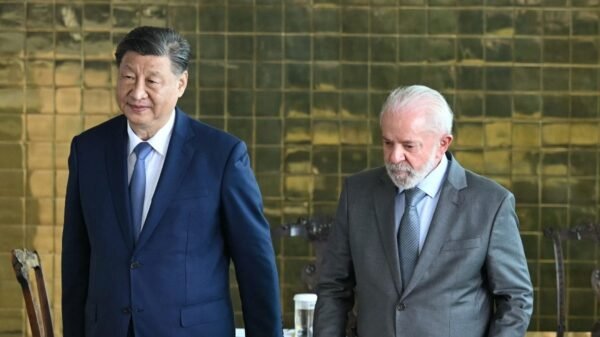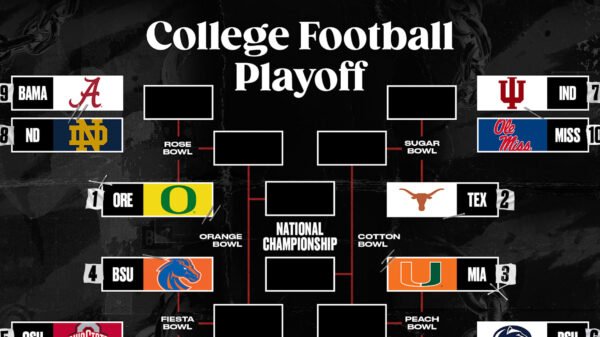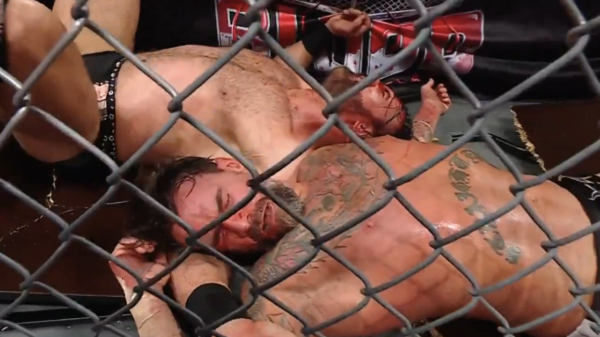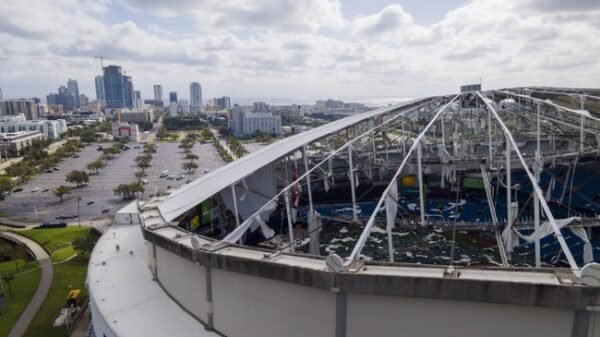This is how huge wars begin, when small ones go improper. Nato politicians are intentionally taking part in with fireplace alongside the Ukrainian frontier, as UK-made missiles have been launched into Russia for the primary time because the starting of the battle. The assault got here a day after Kyiv used US-supplied long-range weapons to strike within Russia. Each navy touch upon British and US authorisation of missile assaults on Russia has stated the identical. They’re “too little, too late”, and unlikely to have an effect on a battle that has more and more turned to Russia’s benefit.
So why are the assaults taking place? The reply of Britain’s defence secretary, John Healey, is that he needs to “continue doubling down” on Britain’s assist for Ukraine and provides a morale enhance to its president, Volodymyr Zelenskyy, earlier than Donald Trump takes energy in Washington. He clearly thinks the plain danger concerned within the escalation is worth it.
The west had been scrupulously cautious in treating assist to Ukraine as strictly for its defence. Putin reacted by warning the west that any escalation in that assist to an assault on Russia by a nuclear-armed energy would justify a Russian nuclear response. Then, this week, he authorised modifications to Russia’s nuclear doctrine to declare that an assault from a non-nuclear state, if backed by a nuclear energy, could be handled as a joint assault on Russia. Putin regards Ukraine – its military overwhelmingly sustained by Nato – as simply such a state. He additionally officially redefined “assault on Russia” to cowl any assault on Russian territory or that of its ally, Belarus, that posed a “crucial risk” to their sovereignty or “territorial integrity”. He’s clearly feeling paranoid, as has lengthy been the customized of Russia’s rulers in the direction of incursions on to their soil.
Nato had refused to name Putin’s bluff. Assaults on Crimea and Ukraine’s reckless invasion of Russia’s Kursk area had been thought-about exceptions. In any other case, the west had agreed that highly effective rockets fired deep inside Russia had been a step too far. In addition to, Moscow has had ample time to maneuver its provides to new quarters.
All that this escalation appears sure to impress is a savage Moscow retaliation in opposition to Ukrainian targets, notably power and different utilities over the course of the winter. There might be a wild response in opposition to “hybrid” digital targets within the west, comparable to cyber-attacks on western infrastructure and utilities. It could be applicable to ask how lengthy the folks of Ukraine are to be anticipated to fulfill the yearning for a proxy “victory in opposition to Russia” of a succession of western leaders.
All western strikes in opposition to Russia over the previous two years – together with the toughest ever financial and political sanctions – have served merely to entrench Moscow’s aggression. They’ve remoted Putin from the diplomatic pressures that usually deliver these disputes to a settlement, as with the Cuban missile disaster and the Vietnam battle. They’ve inspired him to savage his inside critics and draw sympathy and materials assist from China, India, Iran and North Korea. At an enormous value to the worldwide financial system, western sanctions have secured a brand new jap buying and selling bloc to assist Putin. Was all this not forecast by the massed ranks of thinktank Kremlinologists, or is British and US international coverage mind lifeless?
Putin’s criterion for a nuclear response is unimaginable to think about. The deployment of battlefield nuclear weapons is no less than potential, although what tactical benefit it would yield is terrible to envisage. He’s an remoted dictator devoid of scruple and topic to unpredictable moods. There may be additionally concern amongst western companies at his way of thinking. There will be no conceivable argument for escalating his paranoia simply now, for no strategic achieve.
Putin has failed in his bid to eradicate the democratic regime in Kyiv. He has succeeded, as within the Caucasus, in establishing a buffer statelet on his border. It should be the second for compromise in the reason for peace. At current there isn’t a proof of any particular person or establishment able to opening up such a chance, not the UN or Nato or every other worldwide physique.
If any lesson will be drawn from 80 years of east-west confrontation, it’s that western guardians of freedom, democracy and peace have a particular obligation to behave responsibly in a disaster. Belligerence, machismo, risk-taking and bluff-calling are qualities that will go down effectively with navy lobbies and tabloid media. We can’t danger them, given the present occupant of the Kremlin. But they’re precisely what Britain’s authorities appears wanting to do.
-
Simon Jenkins is a Guardian columnist























































